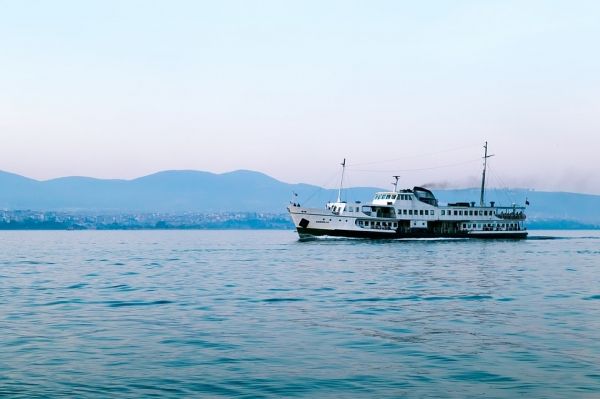Species living in coastal regions could face a significant future threat from reduced levels of oxygen in the marine environment, according to research published in Nature Scientific Reports.
The prevalence of hypoxic (low oxygen) areas in coastal waters is predicted to increase in the future, both in terms of their scale and duration. And while the adults of many estuarine invertebrates can cope with short periods of hypoxia, it has previously been unclear whether that ability is present if animals are bred and reared under chronic hypoxia.
A study by the University of Plymouth showed that exposure to even moderate hypoxia can have markedly different effects on metabolic performance, depending on whether adults are exposed to short-term hypoxia or undergo the whole of their development under hypoxic conditions.
Scientists warn that these differing reactions could result in the number of vulnerable species in an affected region currently being underestimated, and ultimately lead to vastly reduced biodiversity in ways that are not immediately obvious.
Read more at University of Plymouth
Photo credit: isakarakus via Pixabay


